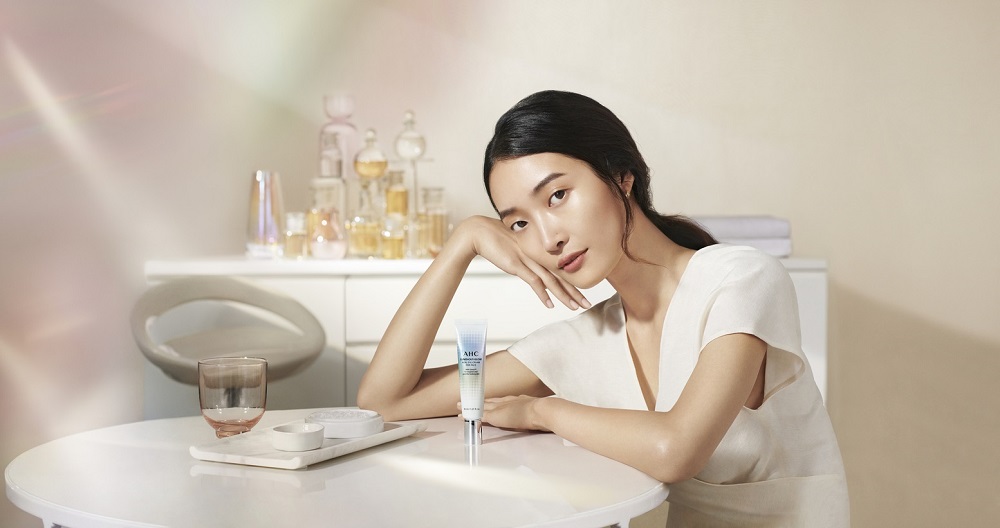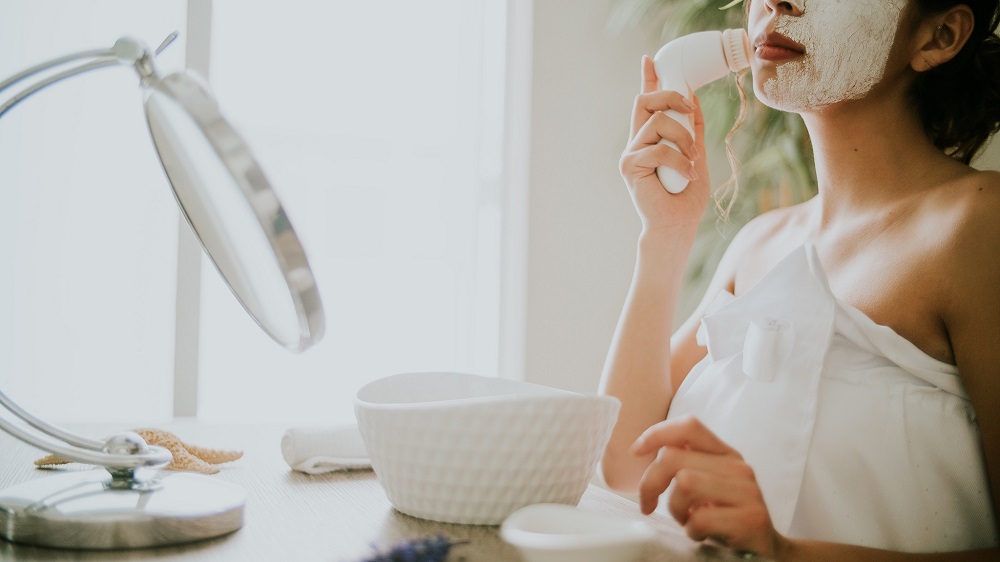PETALING JAYA, July 22 ― Like many industries, the global beauty sector was rattled by the Covid-19 health crisis.
Stores were forced to shut and consumers who sought comfort in over-the-counter interactions with beauty advisors had to alter their shopping habits, changing the retail landscape as many learned to live with the new normal.
A McKinsey article published in May 2020 said that the global beauty industry generates US$500 billion (RM2.1 trillion) in sales a year and estimated that revenues would fall 20 to 30 per cent last year following weak sales in the first quarter of 2020.
More than a year since the pandemic disrupted lives and businesses, how are beauty players in Malaysia coping today?
What types of products did Malaysians buy the most? How has the pandemic changed consumer habits?
Malay Mail spoke to three beauty brands ― The Body Shop, Laneige and AHC ― that have a cult following in the country to find out how Covid-19 has impacted the industry here in Malaysia.

The Body Shop shower gels flew off the shelves
If you’re one of those who love breaking the monotony of your daily showers with a fancier bath product, then the following revelation will strike a chord.
The Body Shop shower gels sold like hot cakes more than usual during Covid-19 much to the surprise of managing director Datin Mina Cheah-Foong.
“Our shower gels are not the cheapest shower gels in the market but our shower gel sales increased during the pandemic period because people were staying home and they were having showers and baths more often,” she told Malay Mail.
Cheah-Foong expected skincare to remain resilient as people are unlikely to change their skin regiment if it works for them.
Another category that saw a surge in sales was pampering products such as face masks and home spa items.
“What has gone down for us is cosmetics and that is expected because you’re wearing a face mask and you’re staying at home,” she said, adding that fragrances also recorded a decline.
Given the economic fallout of Covid-19 that has dealt companies a heavy blow, Cheah-Foong takes comfort in the fact that the British brand is much loved in Malaysia and has a loyal customer base.
That is reflected in the brand’s Ramadan and Hari Raya sales this year which performed much higher compared to last year during the pandemic.
“The good thing about the beauty industry is, although some of it is discretionary, most of it is not,” Cheah-Foong said.
Using male consumers as an example, she said men tend to think beauty products are optional but in fact, items such as shampoos, shaving gels and creams, and deodorant are non-negotiable for many.
“Shower gels, shampoos, conditioners ― you will continue using all of this.
“What you may do is trade down, you may opt to use a cheaper brand,” she said.
The same principle applies to consumers who have targeted concerns such as acne or dandruff ― those with specific problems are not likely to switch their beauty regiment to a lower brand if their current products deliver results.
But she added that luxury brands that sell for RM800 to RM1,000 per bottle may be suffering amid reduced spending.
“There are some winners and there are some losers, albeit everybody is trading at a lower level than pre-pandemic but in general, the beauty industry is very resilient,” Cheah-Foong said.

Cushioning the pandemic’s impact
When the pandemic broke out, The Body Shop made sure all staff were given protective equipment and that standard operating procedures were in place while all testers were removed.
The company also empowered employees to refuse entry to stubborn Malaysians who objected to checking in with MySejahtera or writing their names down manually.
These were just some of many measures the brand took to cushion the impact of Covid-19.
The team also ramped up its distance selling channels by offering customers call and collect, call and deliver, and click and collect options.
Having established its e-commerce site in 2012, the brand reaped the rewards of being an early adopter of online shopping.
Today, e-commerce accounts for 40 per cent of The Body Shop’s business while 55 per cent comes from other channels such as call and collect whereby customers can contact a shop of their choice and arrange for delivery.
“The industry will remain intact but the real winners will be the ones who are digitalised and can take advantage of the shift to distance retail,” she said.

New normal, new needs
Beauty needs have also evolved due to the pandemic, a Malaysian representative of the popular South Korean skincare brand Laneige told Malay Mail.
There is increasing demand for sensitive skin products brought on by the new normal such as products to ease maskne, or mask acne, and blue light protection from screens.
“Product innovation will need to catch up to the trend by developing products to cater to these new emerging needs,” the representative said.
Laneige Malaysia said makeup products are still in decline as many now perceive colour cosmetics as a secondary need due to work from home arrangements.
But sales for its skincare products picked up when movement control order restrictions eased up prior to the current full lockdown.
Last year, online sales doubled for the K-beauty brand that is known for its Water Sleeping Mask when Malaysians were forced to stay in.
Basic products like cleansers, toners and moisturisers did well and customers also snapped up masks to indulge in self-pampering at home.
“With consumer habits changing fast, beauty companies have to be more forward thinking and prioritise innovation.
“Beauty companies can no longer spend a good two or three years to complete a product innovation,” the representative said.
Despite continuous closures that have affected brick-and-mortar shops, Laneige Malaysia believes that physical stores will still play a crucial role post-pandemic to provide in-store experience to customers.
“Brands will strive to seek new ways to drive customers for the brand experience with safety as a priority,” the representative said.

Skincare ― the beauty industry’s golden goose
With more time on their hands during lockdown, consumers have been researching beauty brands and the best bang for their buck.
“Customers now are more knowledgeable as compared to pre-Covid times,” an AHC representative told Malay Mail.
AHC said its skincare products, particularly those that protect skin from sun damage and premium sheet masks sold well during the pandemic.
Developed in South Korea in 1999, AHC is a favourite among aestheticians and dermatologists in Seoul ― it has since been acquired by Unilever and is distributed in Malaysia by Luxasia.
The representative said the brand noticed that consumers expanded their three-step routine (cleanse, tone, moisturise) and four-step routine (cleanse, tone, serum, moisturise) to a five-step and above regiment that includes pre-serum, booster, peels, spot treatment and mask.
The customer evolution during the pandemic entails self-care at home and researching treatment-based skincare routines and skincare brands.
Like The Body Shop and Laneige, AHC’s colour cosmetics took a backseat as many are homebound but the brand said makeup will make a big comeback post-pandemic.
Skincare, it appears, remains the golden goose of the beauty industry that has a global value of US$145.3 billion.
“Overall, skincare has turned from a habit into a necessity, throughout the decades in the beauty industry.
“Covid-19 has raised awareness for the beauty industry as we see customers and skincare lovers self-educating on the importance of skincare on top of the basic cleanse, tone and moisturise,” the representative added.






















